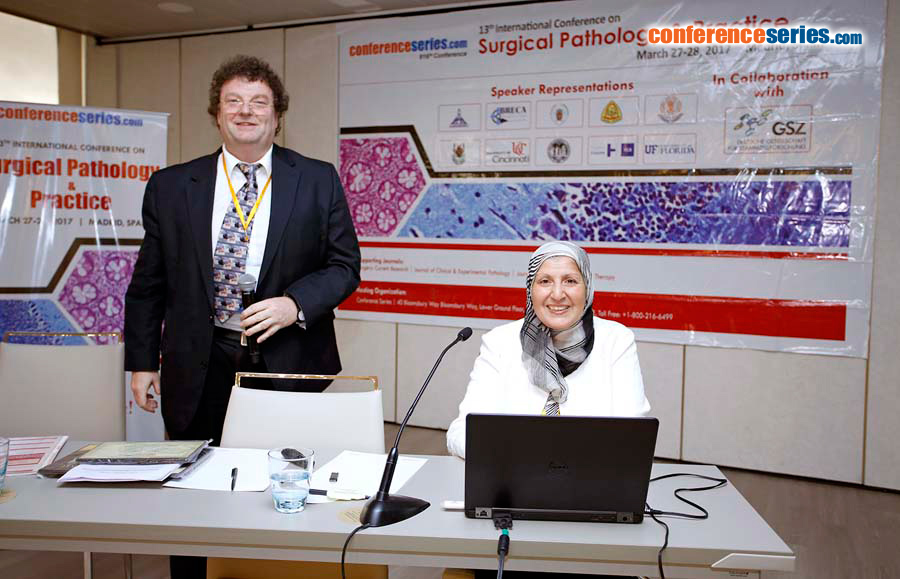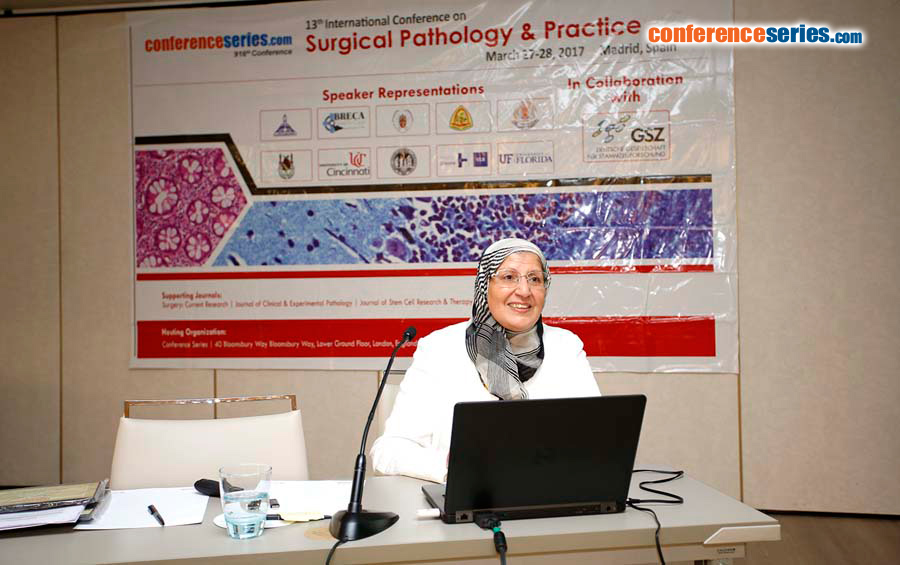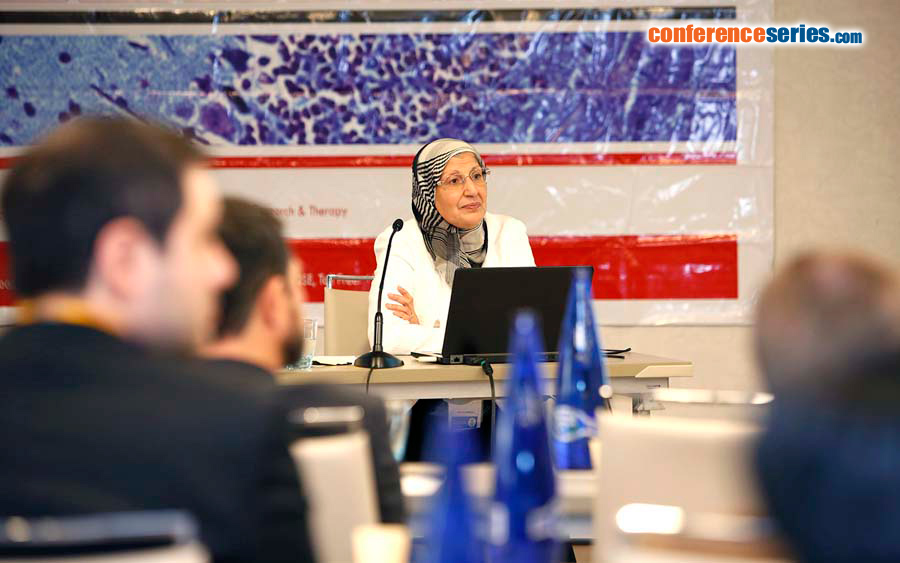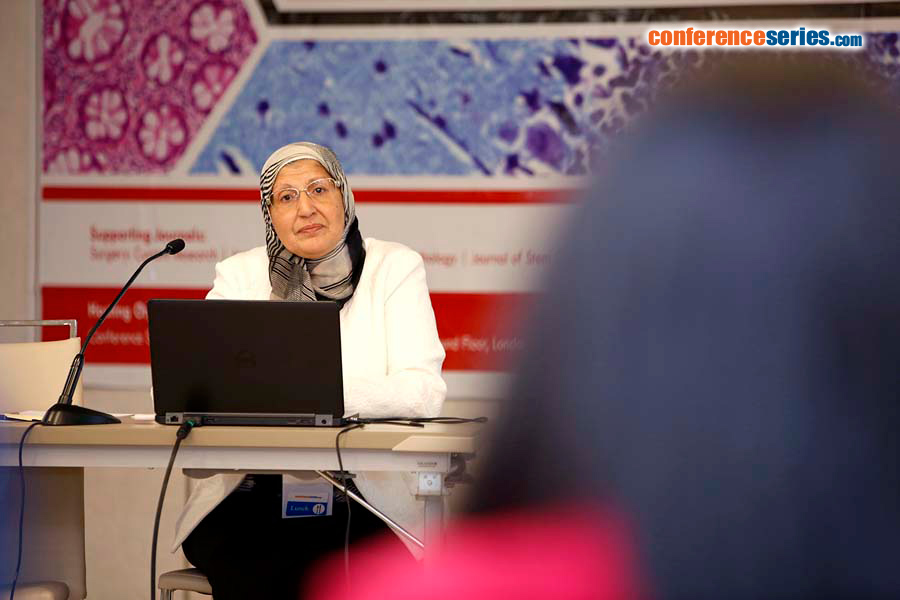
Nafissa El Badawy
Ain Shams University, Egypt
Title: Value of GATA-3 expression in diagnosis of metastatic breast carcinoma
Biography
Biography: Nafissa El Badawy
Abstract
Background: Triple negative breast carcinomas and about half of metastatic breast carcinomas are negative for estrogen receptor (ER), gross cystic disease fluid protein 15 (GCDFP-15), and mammaglobin (MGB) which are commonly used as breast-specific immunomarkers. However, GATA-3 has emerged recently as a sensitive and relatively specific immunomarker for breast and urothelial carcinomas, but the data documenting its expression in different molecular subtypes of breast carcinomas are limited. Also, few studies have specifically assessed the distribution of GATA-3 among different immunohistochemical and histomorphologic subtypes of breast carcinoma, specifically, its expression in “triple-negative".
Aim: The purpose of this study is to evaluate the expression of GATA-3 in different molecular subtypes of breast carcinoma, particularly, in metastatic breast carcinomas.
Materials & Methods: A total of 85 selected cases were included in the current study categorized into: 60 cases of primary invasive breast carcinomas divided according to immunohistochemical studies for hormonal receptors into: ER positive, HER2 positive, and triple-negative subtypes. In addition, 25 cases of metastatic adenocarcinomas were also included.
Results: Overall GATA-3 expression was detected in 90% of primary breast carcinoma cases. The current study showed a highly significant statistical correlation between GATA-3 expression and the molecular subgroup of primary breast carcinomas. Positive GATA-3 expression was detected in all (luminal) ER positive cases. On the other hand, 80% of HER2 positive and 90% of triple negative subtypes showed GATA-3 expression. Moreover, 96% of the metastatic group showed positive GATA-3 labeling.
Conclusions: Our data suggest that GATA-3 is a breast-specific immunomarker, especially when encountering ER-negative and metastatic breast carcinomas.




